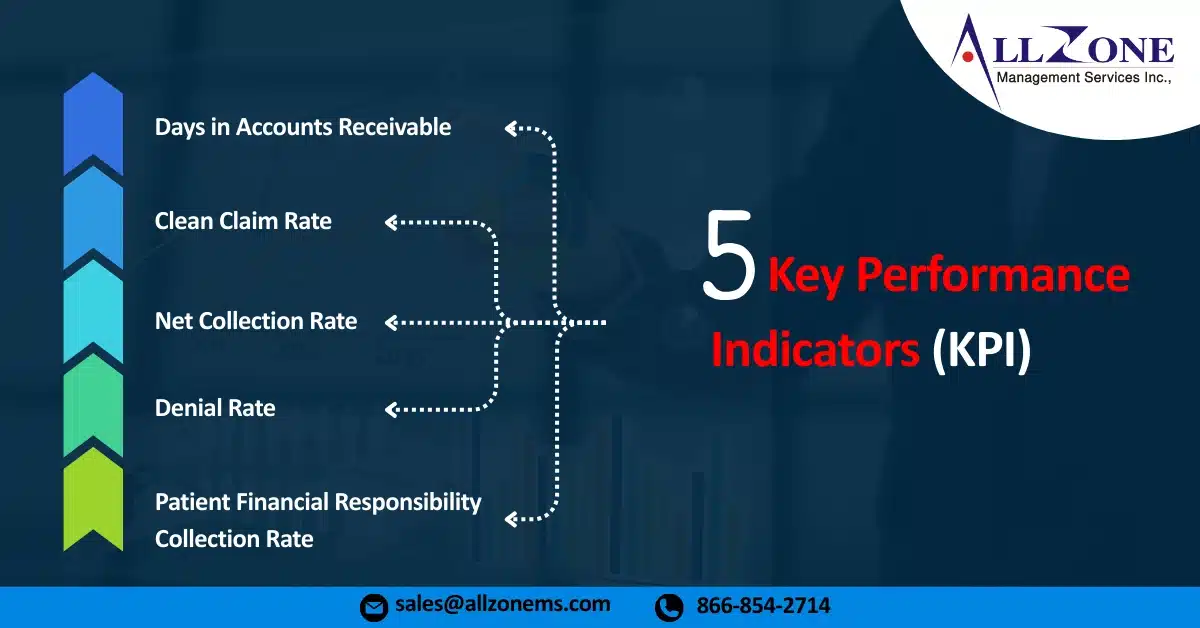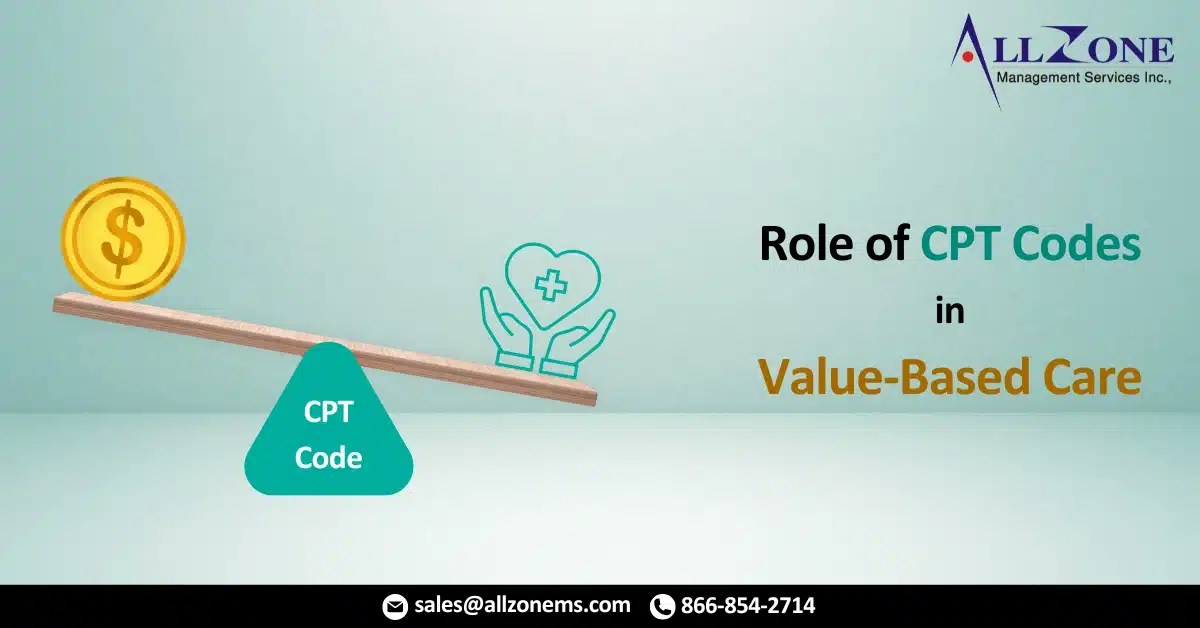In the intricate world of healthcare billing and coding, accuracy is paramount. Healthcare providers rely on standardized coding systems to communicate diagnoses, procedures, and services to payers. Among these crucial systems are the Healthcare Common Procedure Coding System (HCPCS) codes, which are essential for proper reimbursement. However, the HCPCS system isn’t a monolithic entity; it’s […]
In today’s complex healthcare environment, revenue cycle management (RCM) has become more critical than ever. As patient expectations evolve and regulatory requirements grow more stringent, the pressure on RCM leaders to ensure financial sustainability while maintaining high-quality patient care is immense. With tight margins and rising operational costs, understanding and optimizing the right RCM KPIs […]
The U.S. Department of Health and Human Services (HHS) Office of Inspector General (OIG) recently conducted a review of Medicare Severity Diagnosis Related Groups (MS-DRGs) that required more than 96 consecutive hours of mechanical ventilation. The audit focused on compliance with Medicare payment requirements and accurate Mechanical Ventilation Coding and code assignment. A total of […]
A growing number of physicians are voicing concerns about the increasing role of artificial intelligence (AI) in health insurers’ prior authorization processes. The American Medical Association’s (AMA) latest 2024 AMA Prior Authorization Physician Survey highlights that many warn AI-driven prior authorization denials are exacerbating patient harm and physician burnout. The survey, which included 1,000 practicing […]
In healthcare, claim denials pose a significant challenge to a provider’s revenue cycle. Each year, over $4.5 trillion in claims are submitted to insurance carriers in the U.S. alone. Despite this volume, healthcare providers continue to see an alarming rise in denied claims. In 2022, 42% of respondents reported an increase in denials, but by […]
Healthcare providers face mounting financial pressures due to rising operational costs, evolving regulatory requirements, and shrinking reimbursement rates. One of the most critical areas affecting revenue cycle efficiency is claims denial management. Despite advancements in technology, many healthcare organizations still rely on manual claims denial management, leading to inefficiencies, revenue leakage, and administrative burdens. This […]
Therapy services play a vital role in healthcare, helping patients recover from injuries, manage chronic conditions, and improve overall well-being. To ensure accurate billing and reimbursement, healthcare providers must use the correct therapy services codes. These codes, primarily based on the Current Procedural Terminology (CPT) and Healthcare Common Procedure Coding System (HCPCS), help standardize claims […]
AI in Radiology is rapidly transforming the field, with new AI tools and algorithms continuously being developed and integrated into clinical practice. However, while AI’s role in medical imaging is expanding, a critical issue remains unresolved—reimbursement. The Reimbursement Challenge Despite the increasing adoption of AI in Radiology, experts highlight a significant gap: the absence of […]
Value-based care is revolutionizing healthcare delivery, shifting the focus from volume to value. But what exactly does that mean, and how do seemingly technical elements like CPT Codes in Value-Based Care fit into the picture? This blog post dives deep into the world of value-based care, exploring its core components and highlighting the crucial role […]
In the ever-evolving field of medical billing, denied claims remain a significant obstacle for healthcare providers. Studies reveal that over 10% of claims face initial rejection by insurers, leading to revenue losses, administrative strain, and frustration for all stakeholders. To mitigate these challenges and ensure financial stability, an effective denial management process is essential. However, […]










